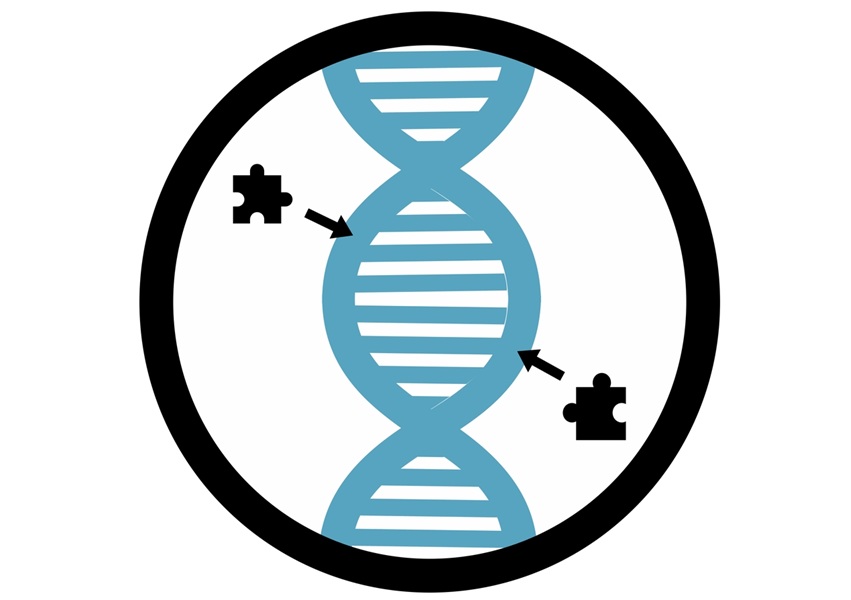Blood Test Rules Out Future Dementia Risk
Posted on 07 Apr 2025

Previous studies have suggested that specific biomarkers, such as tau217, Neurofilament Light (NfL), and Glial Fibrillary Acidic Protein (GFAP), may be valuable for early dementia diagnosis. However, most of these studies have involved individuals who sought medical care due to cognitive symptoms, such as memory difficulties. A larger, community-based study was needed to assess the predictive power of these biomarkers in the general population. Now, a new study published in Nature Medicine has explored the potential of these biomarkers to predict dementia, including Alzheimer's disease, up to ten years before an official diagnosis in cognitively healthy older adults living in the community.
This study, led by researchers at Karolinska Institutet (Stockholm, Sweden) and their collaborators, analyzed blood biomarkers in over 2,100 adults aged 60 and above, who were monitored over a period to track the development of dementia. Ten years later, 17% of participants had been diagnosed with dementia. The biomarkers tested in this study were found to be up to 83% accurate. However, the researchers observed that these biomarkers had low positive predictive values, meaning that elevated levels of the biomarkers alone could not reliably predict who would develop dementia in the next decade. As a result, the researchers recommend against using these biomarkers as widespread screening tools in the general population at this time. The study also suggested that combining the three most significant biomarkers—p-tau217 with NfL or GFAP—could enhance predictive accuracy.
“Our findings imply that if an individual has low levels of these biomarkers, their risk of developing dementia over the next decade is minimal," said Davide Vetrano, associate professor at the same department and the study's senior author. "This information could offer reassurance to individuals worried about their cognitive health, as it potentially rules out the future development of dementia. These biomarkers are promising, but they are currently not suitable as standalone screening tests to identify dementia risk in the general population.”













